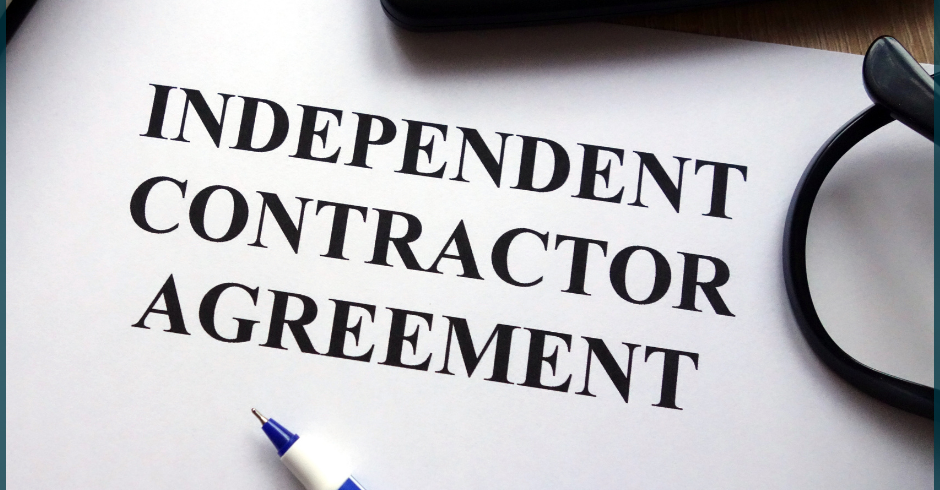Winter is a good time to work on due diligence and land use planning for spring construction projects. Assessing prospective sites for suitability for your project, working through the due diligence needed before making a purchase (such as environmental, survey, title and appraisal analyses) and actually making the purchase can be a several-month process. Likewise, obtaining a rezoning, variance, special use permit, or utility relocation, and working through the other processes involved in pre-construction, can take away from valuable construction time as well.
Some of the potential concerns that may need to be addressed during your due diligence include ensuring suitable access to the real estate, locations of existing easements that may interfere with the prospective site layout, and deed restrictions that may affect how the real estate can be developed. By reviewing these issues early in the process, solutions can be reached prior to the expiration of the due diligence period, leaving you in a development-ready position once the property has been purchased. In some cases, thorough and proper review may save you from buying real estate which you cannot develop for your intended purposes. The importance of a solid due diligence assessment for your prospective site cannot be understated and will ensure that your project can begin construction on time.
If you want to be ready to break ground on a commercial construction project this coming spring, development plans should be put into action now. For additional information on land use planning or any area of real estate law, please contact Maria L. Bulkley at mbulkley@KDDK.com or (812) 423-3183, or contact any member of the KDDK Real Estate Law Practice Team.
About the Author

Maria L. Bulkley, a Partner at Kahn, Dees, Donovan & Kahn, LLP, in Evansville, Indiana, practices in the areas of business law, real estate development, land use planning, mediation and family law. She assists clients with the local government processes connected with land use and real estate development and negotiates encroachment agreements, easement agreements, economic development incentives, and other agreements essential to real estate development. Maria represents individuals and businesses in real estate takings cases. She serves as a mediator for domestic relations and general civil matters, and is trained and experienced in Collaborative Family Practice. In addition, Maria represents clients in family law matters with an emphasis on dissolutions of marriage involving complex marital estates.






